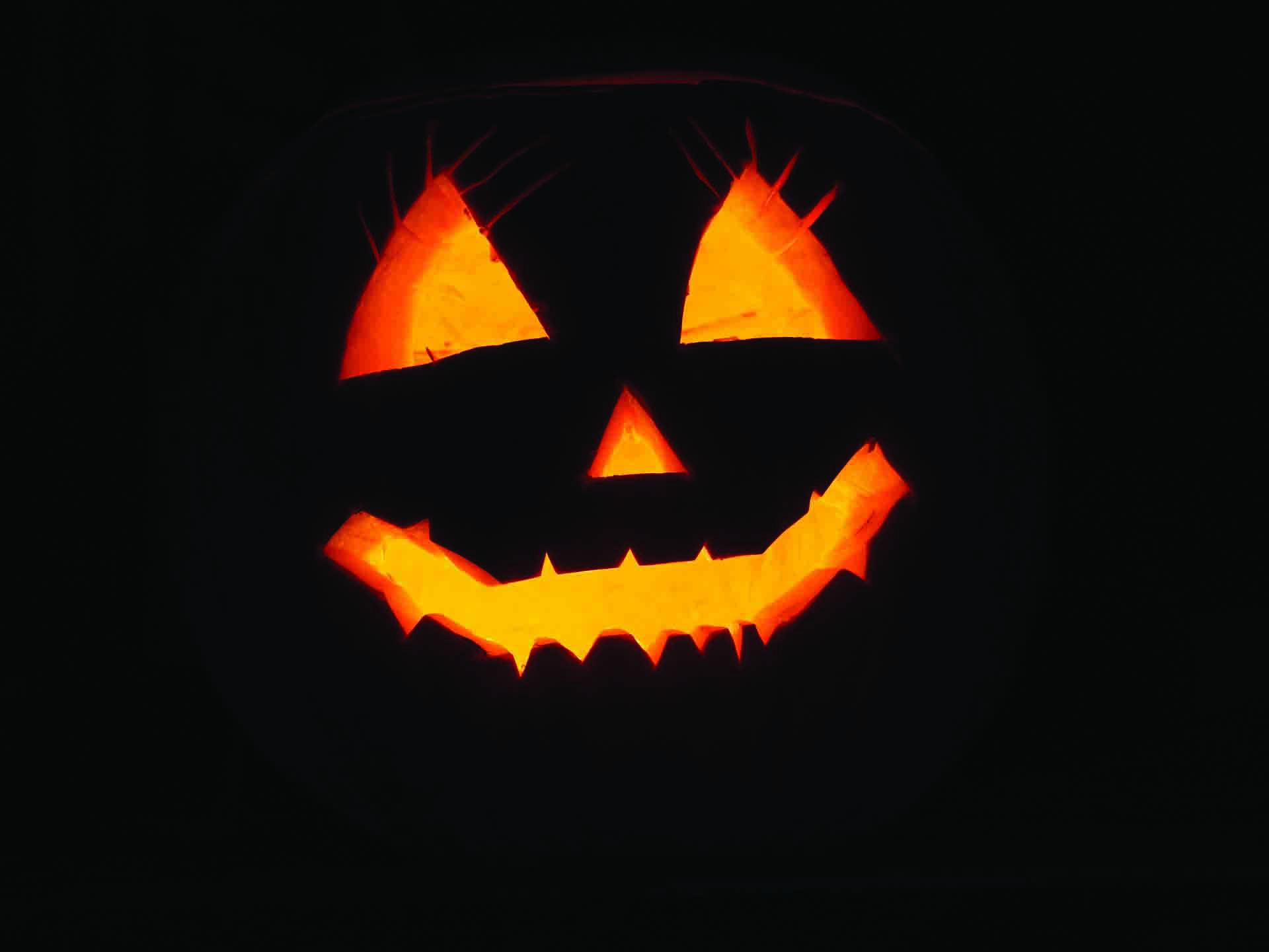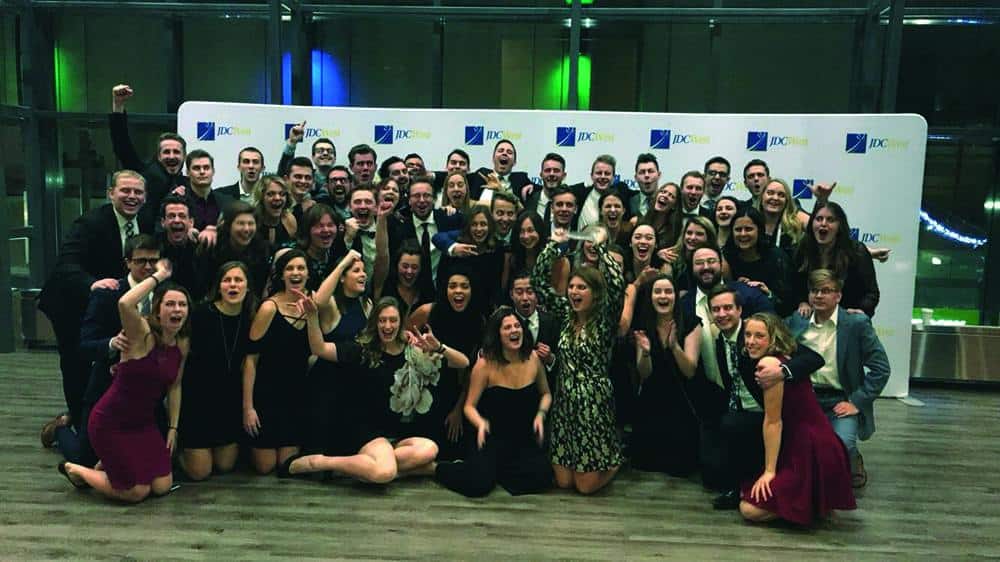Halloween: origins and criticisms

author: elisabeth shmueller | contributor

Pixabay
Halloween originated over two thousand years ago from the ancient Celtic festival of Samhain. However, it has been significantly modified over the years as it spread to different countries and to people of various ethnic backgrounds.
Here’s how it began: Samhain marked the transition from the end of summer into the beginning of winter and was also associated with human death. Celts believed that the boundary between the living and the dead became blurred, as on this special day, ghosts of the dead had the ability to return to earth. While these spirits were known to cause damage to crops, Celts also believed that their presence enabled the priests the ability to make predictions about their future. For this civilization, which was largely dependant on the natural environment, these predictions provided comfort to them during the long, cold winters. People celebrated by building bonfires, making sacrifices of crops and animals to various deities, wearing costumes and trying to tell each other’s fortunes.
In 43 A.D., after the Roman Empire had conquered Celtic territory, the festival of
Samhain combined with Roman festivals. This included Feralia, the day set aside for honouring the dead, as well as the day that honoured the Roman goddess of fruits and trees, Pamona. Her symbol was an apple, which may have likely influenced the tradition of bobbing for apples. In 609 A.D., Pope Boniface declared November 1 All Saints Day and in 1000 A.D., the church declared November 2 All Souls Day. Over time, the night before November became referred to as All Hallow’s Eve, and eventually Halloween.
Today, Halloween involves cutting a face into a large vegetable (which dates back to pre-Christian times when people would carve faces into vegetables to ward off wandering evil spirits), attempting to scare people and going around your neighbourhood dressed up as someone or something else – all while freezing your butt off to ask people (most often strangers) for candy. Despite this somewhat cynical and simplistic outlook, Halloween has remained one of my favourite holidays since I was a little kid. I always looked forward to picking out the largest pumpkin at the store, working with my mom to put together my Halloween costume, and going trick-or-treating with my younger brother.
Now that I’m older, however, even though I still enjoy Halloween, I realize that it has multiple weird and irritating aspects.
A lot of thought and effort went into planning my Halloween costume when I was young, as each year I always tried to be more creative than the last, both with who/what I was and what my outfit involved. Unfortunately, many of the costumes aimed at young women in stores today no longer emphasize uniqueness or creativity. Instead, they emphasize sexuality. As a result, women are encouraged to dress promiscuously; it seems any costume can be adapted by shortening the length and lowering the neckline of the outfit and by adding the word ‘slutty‘ to the beginning. Although it is nice to dress up and temporarily escape your life, why should women feel as though they have to dress up in a sexualized way? Whatever happened to creativity and wanting to be unique with your costume?
As children, all we thought about was how much free candy we would get, how late our parents will let us stay up and how much candy we could sneak into our school lunch the following day. We never let the cold weather prevent us from going out, even when our costume had to be worn over our winter jackets. But as I get older, I realize the tradition of trick-or-treating is quite ridiculous for variety of reasons.
Firstly, is it really worth it to go freeze your butt off for an hour, just for some free candy? If you want candy, just buy some, or ask your parents. Why should the people within your neighbourhood supply you with candy for free?
Secondly, what is up with those parents who drive their kids around or even those who drive to the richer areas of the city, so that their kids can go trick-or-treating there? I understand that doing that so may allow your child to get better or more candy, but that is just not the same experience. If you are going to go trick-or-treating, and want some free candy, put the work and effort in by walking around your neighbourhood and enduring the cold weather. Plus, driving around is a complete waste of gas and that money could’ve gone toward buying your children and yourself some candy.
Thirdly, why do young parents dress up their baby and take them out trick-or-treating in a stroller? While it may be cute to dress up your baby in a costume, they can’t and shouldn’t be eating that candy anyway. So basically, it is the parents’ way of playing on our emotions in an attempt to get themselves some free candy, and unfortunately for those handing out candy, it often works. We are so taken by how cute the baby looks, that we don’t pause and think about how the baby won’t even be eating that candy. I wouldn’t be surprised if soon people started dressing up their pets and doing the same thing.
Additionally, why do we bother saying “trick-or-treat?” If someone was to give a child a trick, they would be upset. Instead people should ring the doorbell, and say what they want, which would be something like, “Open the door and give me some free candy!”
Lastly, what is up with the reluctance of people to give up this tradition? I’ll admit, I love free candy, too. However, by the time of your high school graduation, I think it’s time to accept that you are old enough to buy your own candy and too old to go out trick-or-treating.
While I may have presented a critical perspective on Halloween, I do still enjoy the holiday. However, I just have a much different perspective on the holiday than I did when I was younger.









